The Impact of Coronavirus on Safeguarding Rules for Schools and Colleges
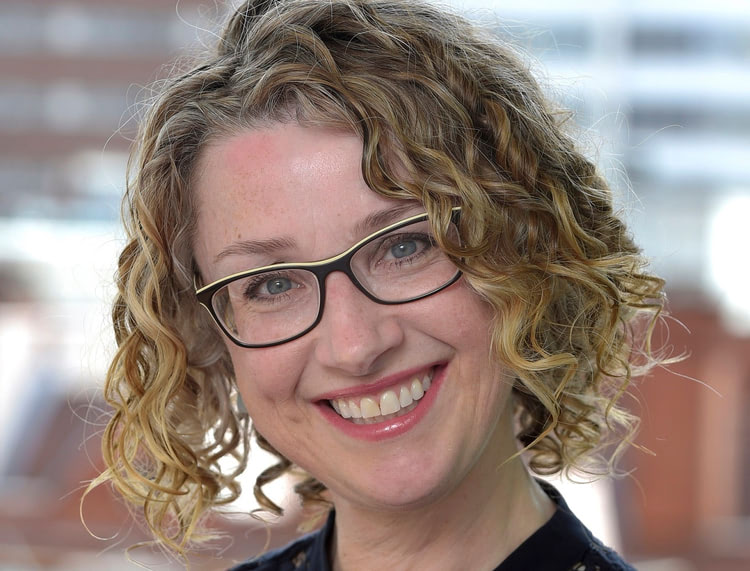
@EducationGovUK has published new guidance on safeguarding during school closures which applies to all schools (including academies and independent schools and pupil referral units), further education colleges, sixth-form colleges, institutions designated as being in the further education sector and other further education providers, funded by the Education and Skills Funding Agency, such as 16 to 19 academies and independent learning providers, including special post-16 institutions.
The guidance confirms that schools and colleges must continue to have regard to the Keeping children safe in education (KCSIE) statutory safeguarding guidance but sets out additional matters for schools to consider in light of the changes brought about by Covid-19.
Child Protection Policy
All schools and colleges are expected to review and revise their child protection policy in light of the Covid-19 situation. In some cases, a COVID-19 annex/addendum that summaries any changes might be more effective that re-writing the whole policy.
The new policy should consider the school/college response in relation to:
- any updated advice received from local authorities regarding children with Education, Health and Care (EHC) Plans, the local authority designated officer and children’s social care, reporting mechanisms, referral thresholds and children in need
- how staff should report concerns about a child
- how pupils can raise any concerns they may have
- peer on peer abuse
- arrangements to support children the school or college are concerned about who do not meet the ‘vulnerable’ definition
- what arrangements are in place to keep children not physically attending the school or college safe, especially online and how concerns about these children should be progressed
It is important that all staff and volunteers are made aware of the new policy and are kept up to date as it is revised. The revised policy should be made available to access publicly (on line etc.) .
Designated safeguarding leads (DSLs)
The guidance recognises that it may not is not possible to have a trained DSL or deputy available on site. In these situations there are two options to consider:
- a trained DSL or deputy from the school or college can be available to be contacted via phone or online video – for example working from home
- sharing trained DSLs or deputies with other schools or colleges (who should be available to be contacted via phone or online video)
In addition, the department recommend a senior leader takes responsibility for co-ordinating safeguarding on site.
Vulnerable children
There is an expectation that children with a social worker will attend provision, unless in consultation with the child’s social worker and family it is agreed this is not in the best interests of the child.
Attendance
Local authorities and schools do not need to complete their usual day-to-day attendance processes to follow up on non-attendance. However, schools and colleges should follow up with any parent or carer who has arranged care for their children and the children subsequently do not attend.
To support this, schools and colleges should check emergency contact numbers are up to date.
In all circumstances where a vulnerable child does not take up their place at school or college, or discontinues, the school or college should notify their social worker.
Staff training and safeguarding induction
Any new staff or volunteers should continue to be provided with a safeguarding induction.
The existing school and college workforce may move between schools and colleges on a temporary basis in response to COVID-19.
The receiving school or college should judge, on a case-by-case basis, the level of safeguarding induction required. In most cases, the existing workforce will already have received appropriate safeguarding training and all they will require is a copy of the receiving setting’s child protection policy, confirmation of local processes and confirmation of DSL arrangements.
Children moving schools and colleges
Any school or college whose children are attending another setting should take whatever steps they reasonably can to provide the receiving institution with any relevant welfare and child protection information.
This will be especially important where children are vulnerable. As a minimum the receiving institution should, as appropriate, have access to a vulnerable child’s EHC plan, child in need plan, child protection plan or, for looked-after children, their personal education plan and know who the child’s social worker (and, for looked-after children, who the responsible virtual school head is). This should ideally happen before a child arrives and, where that is not possible as soon as reasonably practicable.
Whilst schools and colleges must continue to have appropriate regard to data protection and GDPR these do not prevent the sharing of information for the purposes of keeping children safe.
Safer recruitment/volunteers and movement of staff
If schools and colleges are recruiting new staff or volunteers, they should continue to follow the relevant safer recruitment processes in line with the KCSIE guidance. Under no circumstances should a volunteer who has not been checked be left unsupervised or allowed to work in regulated activity.
Regarding members of the school or college workforce already engaging in regulated activity and who already have the appropriate DBS check, there is no expectation that a new DBS check should be obtained where that member of the workforce temporarily moves to another school or college to support the care of children. The type of setting on the DBS check, for example a specific category of school, is not a barrier. The same principle applies if childcare workers move to work temporarily in a school setting.
Mental health
Negative experiences and distressing life events, such as the current circumstances, can affect the mental health of pupils and their parents. Teachers should be aware of this in setting expectations of pupils’ work where they are at home.
Online safety in schools and colleges
It will be more important than ever that schools and colleges provide a safe environment, including online and should continue to ensure that appropriate filters and monitoring systems (read guidance on what “appropriate” looks like) are in place to protect children when they are online on the school or college’s IT systems or recommended resources.
Schools and colleges should consider who in their institution has the technical knowledge to maintain safe IT arrangements and consider what the contingency plan will be in the event that IT staff become unavailable.
Children and online safety away from school and college
All schools and colleges should consider the safety of their children when they are asked to work online from home.
The starting point for online teaching should be that the same principles as set out in the school’s or college’s staff behaviour policy (sometimes known as a code of conduct). This policy should amongst other things include acceptable use of technologies, staff pupil/student relationships and communication including the use of social media. The policy should apply equally to any existing or new online and distance learning arrangements which are introduced.
An essential part of the online planning process will be ensuring children who are being asked to work online have very clear reporting routes in place so they can raise any concerns whilst online.
Schools and colleges should, as much as is reasonably possible, consider if their existing policies adequately reflect the new reality of so many children (and in some cases staff) working remotely online. As with the child protection policy, in some cases an annex/addendum summarising key COVID-19 related changes may be more effective than re-writing/re-issuing the whole policy.
Schools and colleges should ensure any use of online learning tools and systems is in line with privacy and data protection/GDPR requirements.
Jo Moseley is a Professional Support Lawyer in the Employment Team at Irwin Mitchell



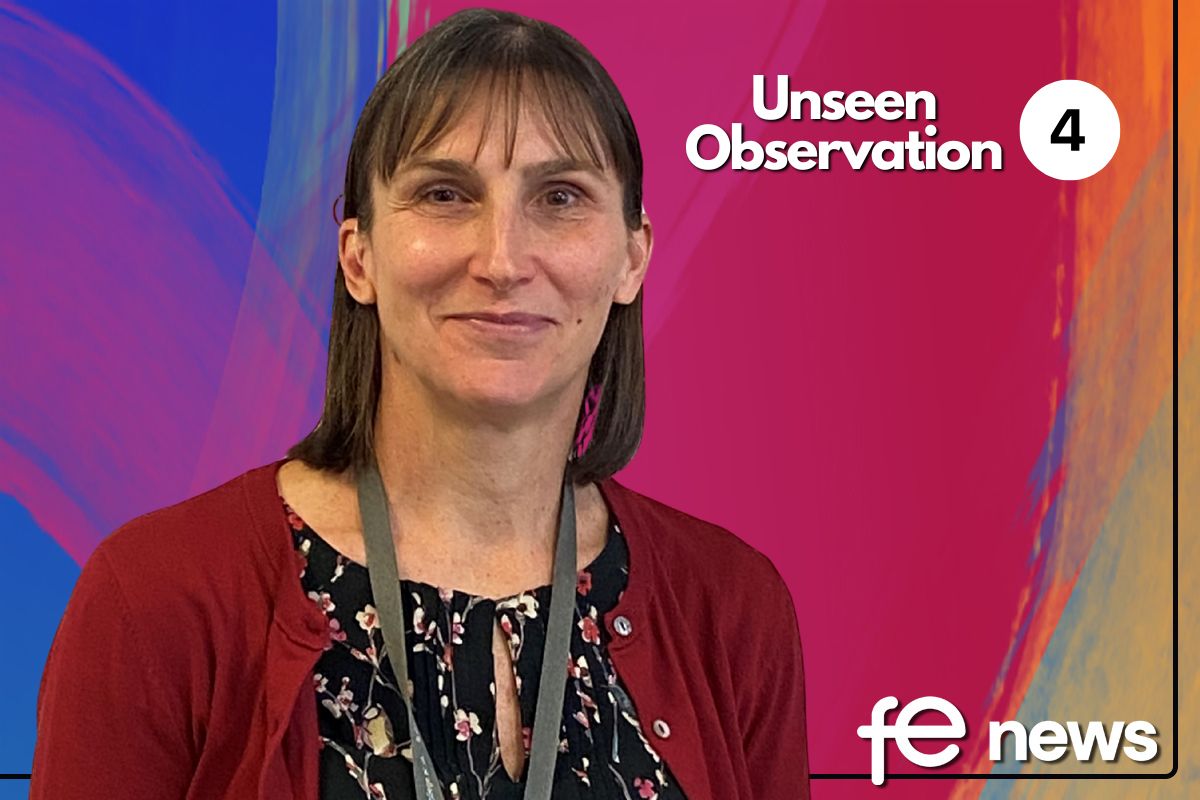


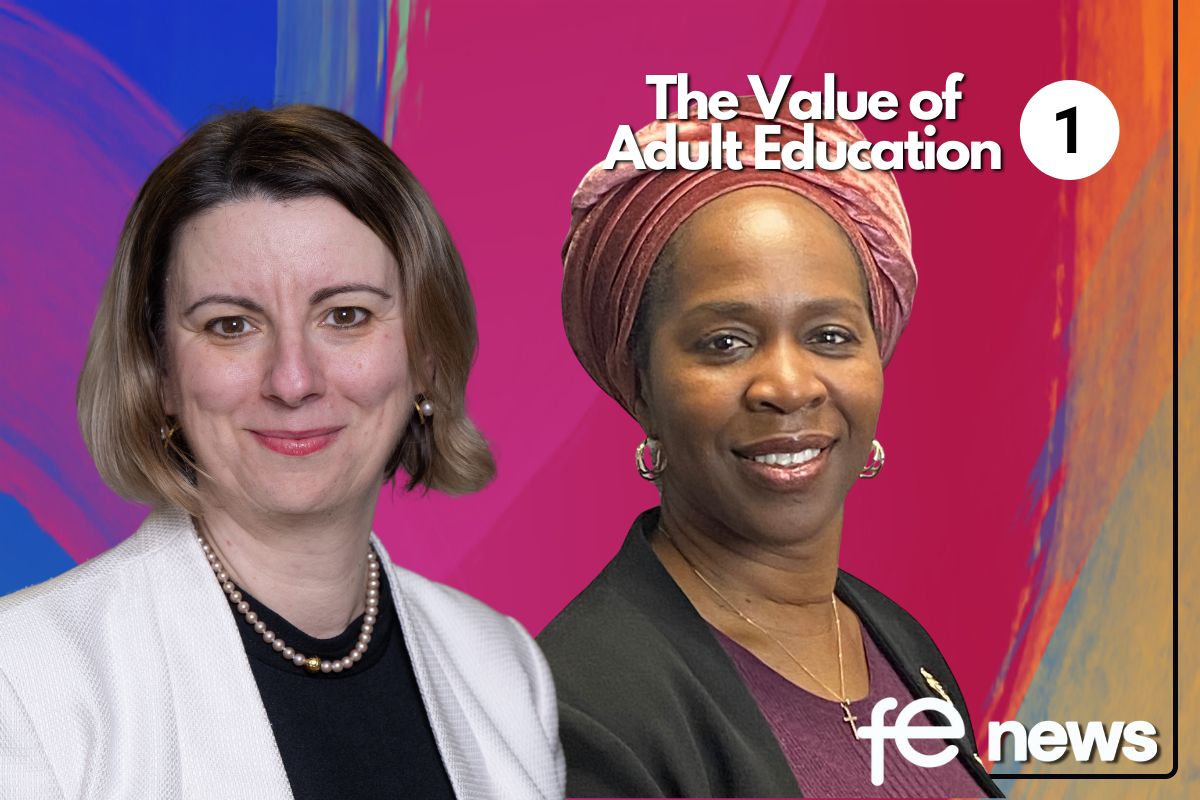
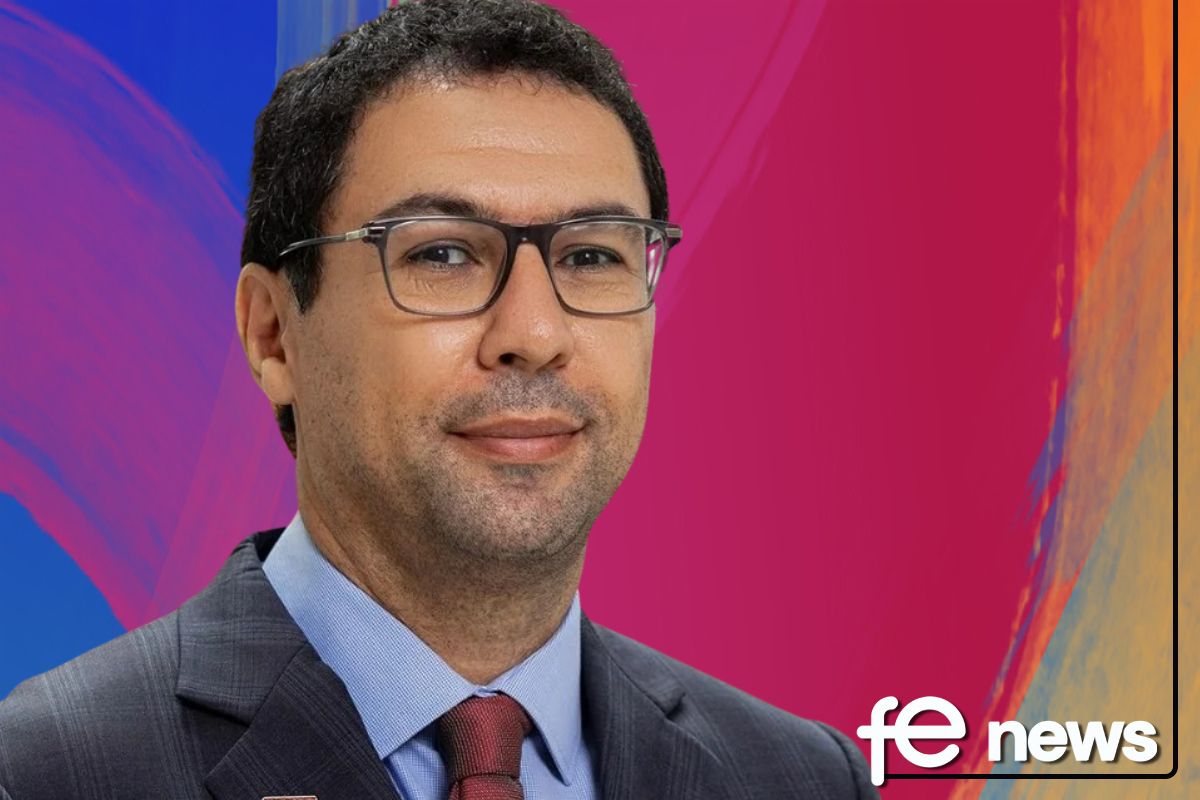
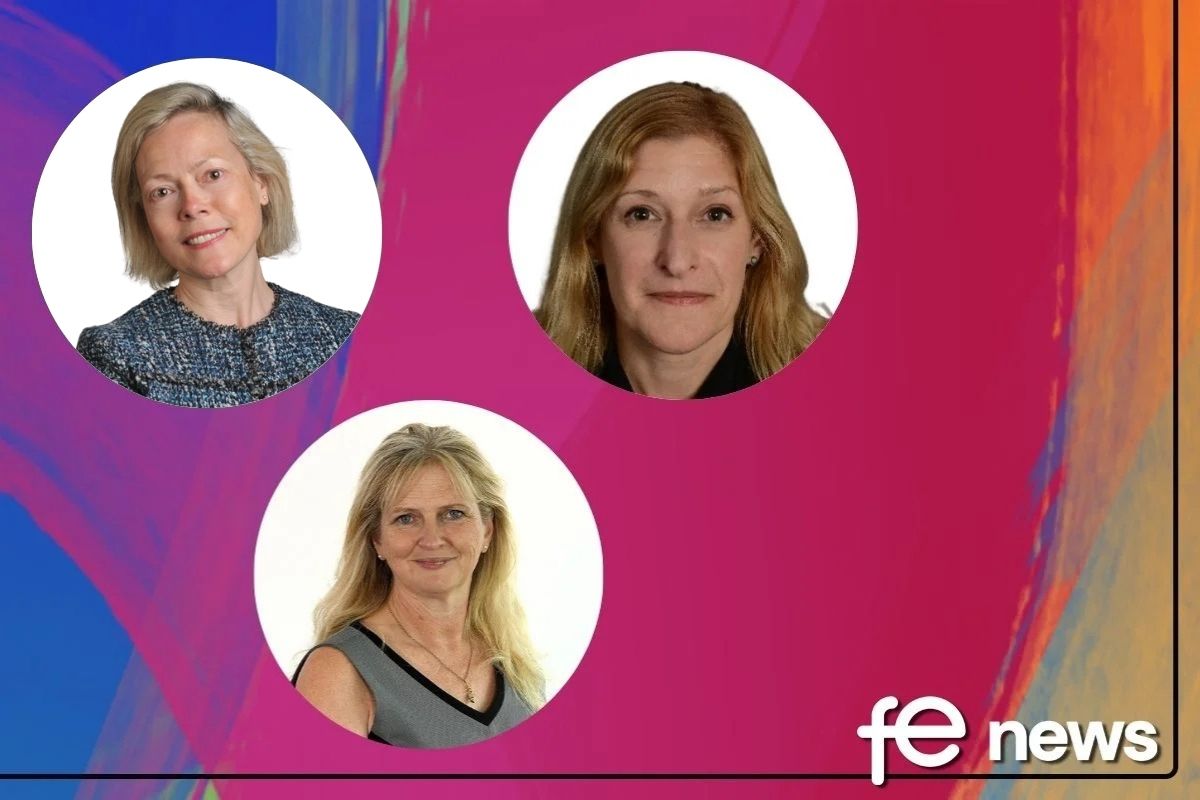

Responses